In east Greensboro a long Summit Avenue, the Bessemer Center plaza is empty. Nearly 20 years ago there was a Winn-Dixie, but no businesses have been open there since.
Because of this, the surrounding community is in a food desert, an area in which residents do not have access to nutritious food.
This year, that will change. The Renaissance Community Co-op will open in the plaza to finally allow the community access to real food.
But there are other areas desperately in need of aid close to home as well. Despite the RCC’s miraculous success story, Greensboro now has the highest rate of food insecurity of all U.S. cities.
“Those of us, including Guilford College students who’ve been involved in working on issues of hunger and homelessness for years now, in some cases, decades, we have seen this problem,” said James Shields, the director of the Bonner Center for Community Service & Learning. “None of us are surprised to see that we’re at the top of the list.
“The thing that concerns me is that the politicians and the people on the city council were alarmed about us being at the top of this list. It seemed as if they were only aware of the food insecurity problem in Greensboro when they saw that list.”
Many things combine to exacerbate food insecurity in Greensboro into a problem that is not so easily solved.
First, there are the motives of businesses. As counter intuitive as it is, businesses make more money when they set up shop down the street from each other. If a Food Lion were to move to the east side of Greensboro where food insecurity is prevalent, they will not make the profit they are aiming for.
“Things are overpriced at Harris Teeter,” said Shields. “They’re bought by people who don’t care that they’re overpriced.
“People living on the east side of town are not going to pay x amount of dollars for an organic head of lettuce, and that’s part of what some of these stores are aiming to get you on when you buy from them.”
Greensboro is also a victim of urban sprawl, in which development continually stretches to the city limits. Setting limits on developing is better for residents because it concentrates resources closer to them.
“In a nutshell, what this means is that food insecurity and having to travel far to get food, (or) nutritious food, is part of urban sprawl,” said Volunteer Training Coordinator Andrew Young.
“So it’s not a surprise in an urban sprawl city that we would have problems with food deserts, because it has to do with food distribution.”
Instead, urban sprawl in Greensboro is making it harder for residents to get anywhere without a car. It is increasing the area that is overseen and taken care of by one city government, diluting even more of the resources available to citizens that live in food deserts. All of these factors intensify the causes of food insecurity for those experiencing it.
Ben Evans, a junior and Bonner scholar, reiterated what he has seen in Greensboro’s impoverished areas while working with the Bonner program.
“My site, Ashton Woods, is in the middle of a food desert and is at least a mile and a half away from the nearest grocery store,” said Evans. “For someone who doesn’t have a car, it’s incredibly hard to get to the grocery store. The bus systems in Greensboro are not very efficient and don’t take you where you need to go.”
The Bonner Center and Guilford have been aware of Greensboro’s situation for decades.
Lesley Manuh, a senior who works with the Bonner Center through a program called the Hunger Fellows, encourages students to volunteer with the Bonner Center if they want to learn about and help with Greensboro’s food insecurity.
“Anyone can volunteer at the Bonner sites,” said Manuh. “The kitchen is open to everyone, the farmers market is open to everyone to work, it’s new and we definitely need more people. And if there’s ever a big food drive, we need people to help with that as well.”
For now, a professor at UNCG, Marianne LeGreco, is facilitating the organization of a food council.
Through bringing people involved with food together on many different levels, such as providers, farmers, sellers, store owners, buyers and consumers, a major aim of the council will be to create policy change that will enable those experiencing food insecurity access to food.

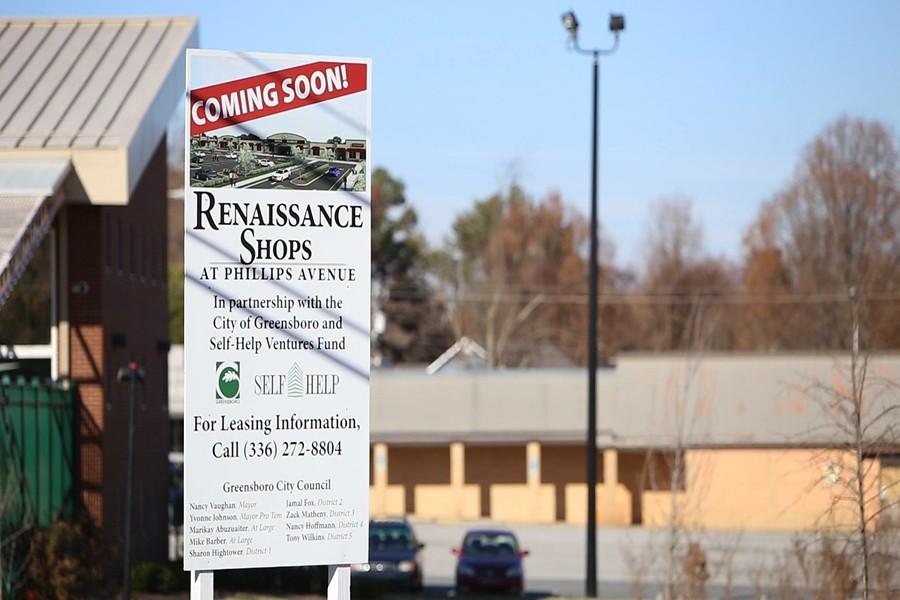



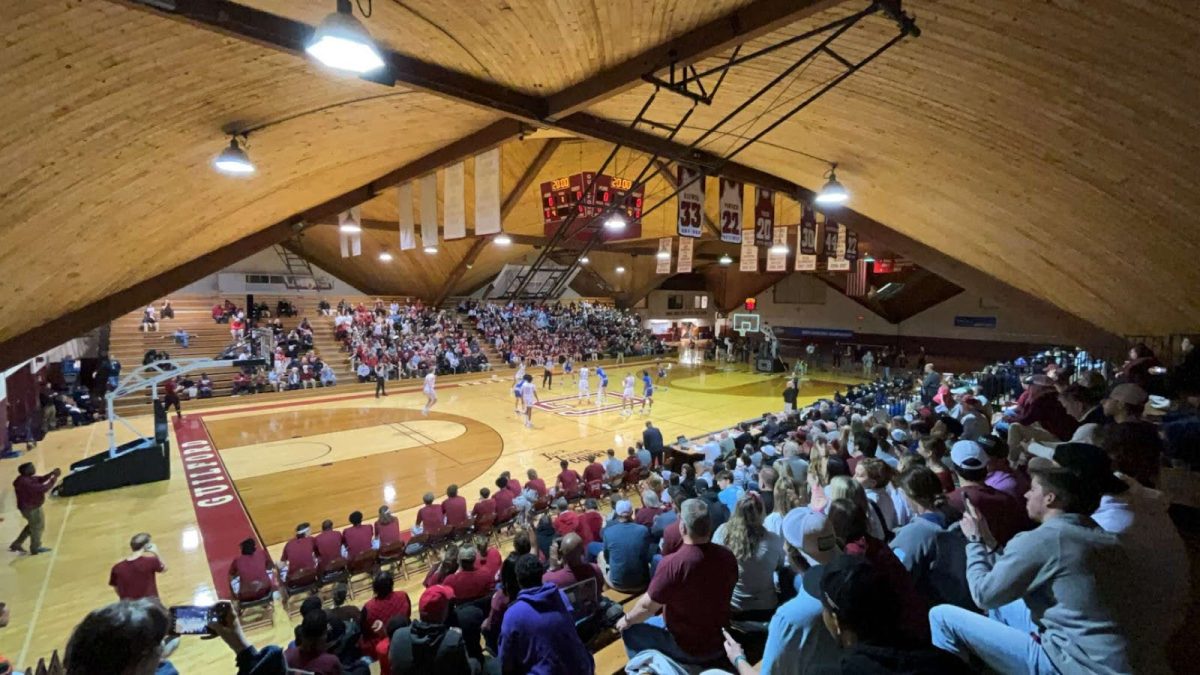
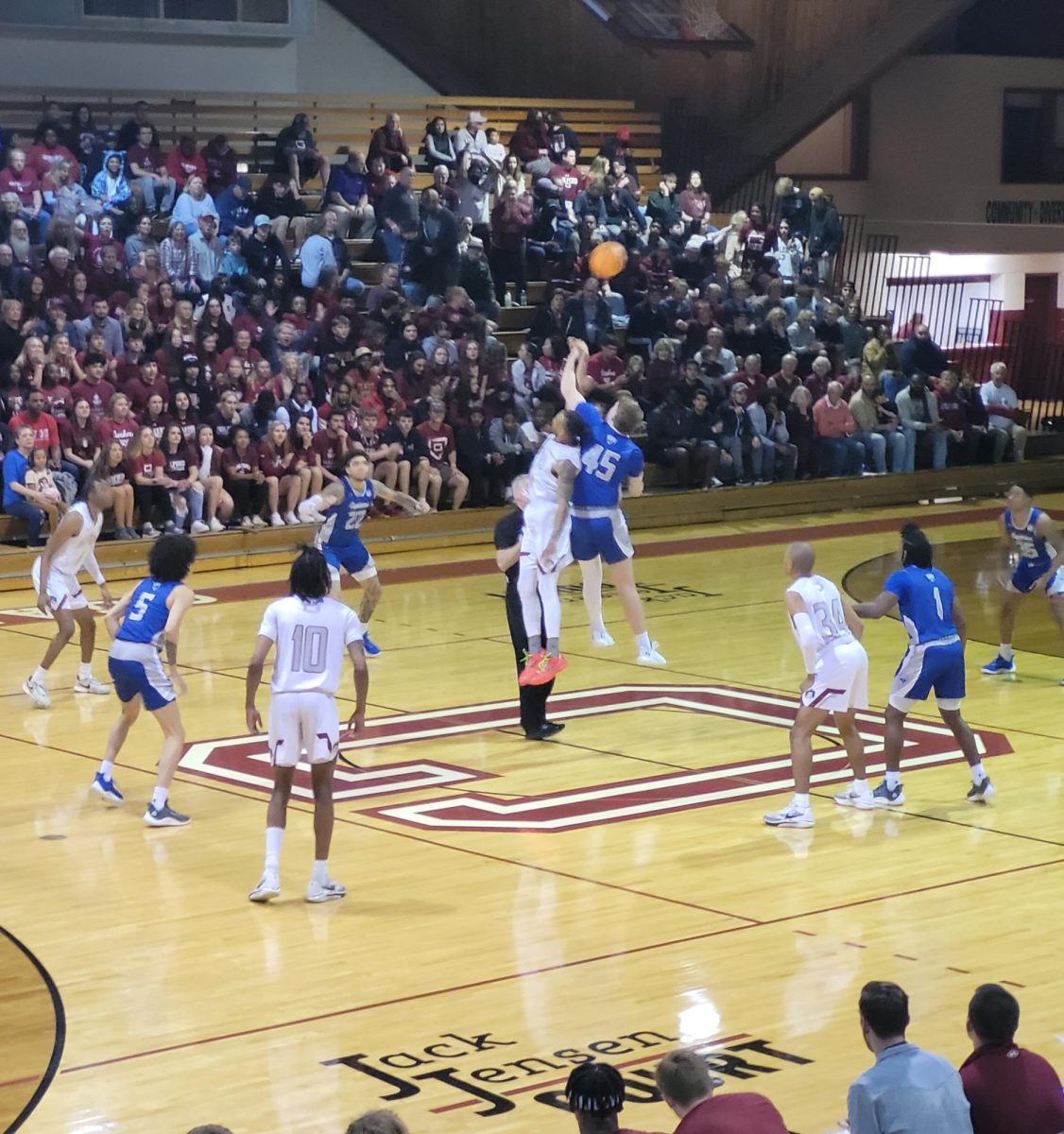




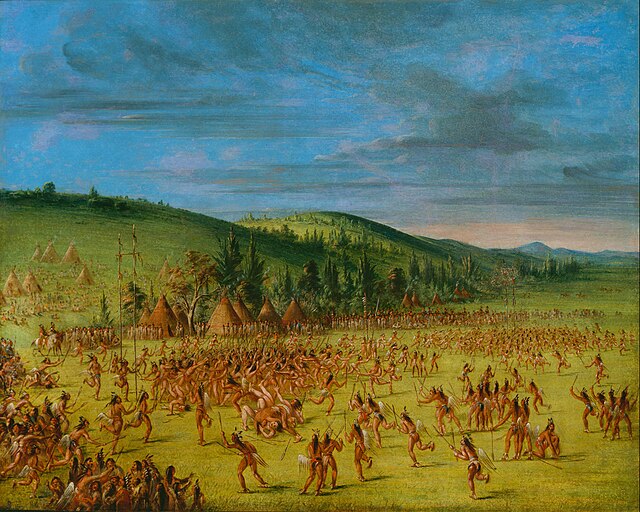
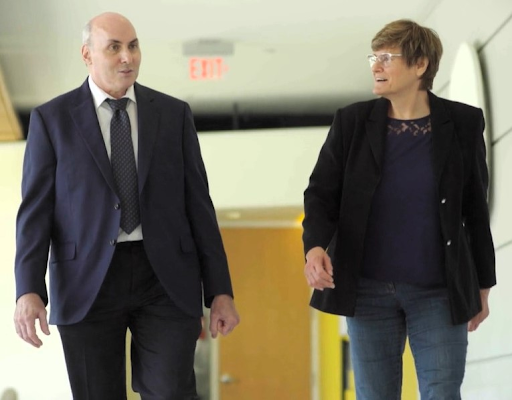
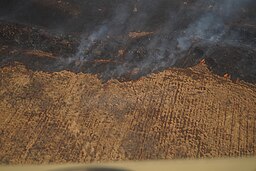
Alyssa • Jul 14, 2015 at 9:03 am
Where did you find the information indicating that GSO was at the top of the list? Last I saw we were the third most food insecure city in the US
Alyssa McKim • Jun 19, 2015 at 11:29 am
Where did you get the information that GSO is the most food insecure cities in the U.S?